Sri Lanka achieved a significant milestone in its economic recovery efforts as private creditors agreed to a substantial restructuring deal, accepting a 28 percent haircut on $12.5 billion in sovereign bonds. This development fulfills a crucial requirement of the International Monetary Fund (IMF) bailout, providing much-needed relief amidst the country's ongoing financial crisis.
Following intensive negotiations in Paris, the Sri Lankan government finalized the restructuring of international sovereign bonds (ISBs), marking a pivotal step forward after the country defaulted on its external debt in April 2022 due to dwindling foreign exchange reserves. The crisis prompted the resignation of former President Gotabaya Rajapaksa.
Last week, Sri Lanka also announced the rescheduling of loans from key bilateral creditors, including China, covering up to $10 billion in official loans. This comprehensive debt restructuring, encompassing private, bilateral, and domestic debts, aims to stabilize the economy and support the $2.9 billion IMF bailout spread over four years.
Under the terms of the agreement announced at the London Stock Exchange, the Sri Lankan government will make an initial payment of $225 million to bondholders. The nominal 28 percent haircut could increase to nearly 40 percent if the country's economy fails to meet agreed targets in the coming years.
While details on the restructuring of the $2.18 billion owed to the China Development Bank remain unclear, Sri Lanka has secured favorable terms with official creditors, including a reduction in interest rates to an average of 2.1 percent and an extension of loan terms by eight years. These measures provide breathing room for the country to manage its debt obligations effectively.
The restructuring agreements are expected to inject new life into Sri Lanka's stalled infrastructure projects, such as the expansion of an airport funded by Japan and the development of a mass transit light rail system in the capital, Colombo.
President Ranil Wickremesinghe's administration has taken proactive steps to bolster state revenue, including tax increases, removal of energy subsidies, and plans to privatize underperforming state enterprises, aligning with IMF stipulations.
As Sri Lanka navigates through these economic reforms and implements restructuring agreements, the focus remains on sustainable recovery and long-term economic stability.
The debt restructuring deal with private creditors represents a significant milestone for Sri Lanka, aligning with IMF bailout conditions and providing a foundation for economic recovery. With renewed investor confidence and ongoing reforms, the country looks towards stabilizing its financial footing and revitalizing critical infrastructure projects essential for future growth.



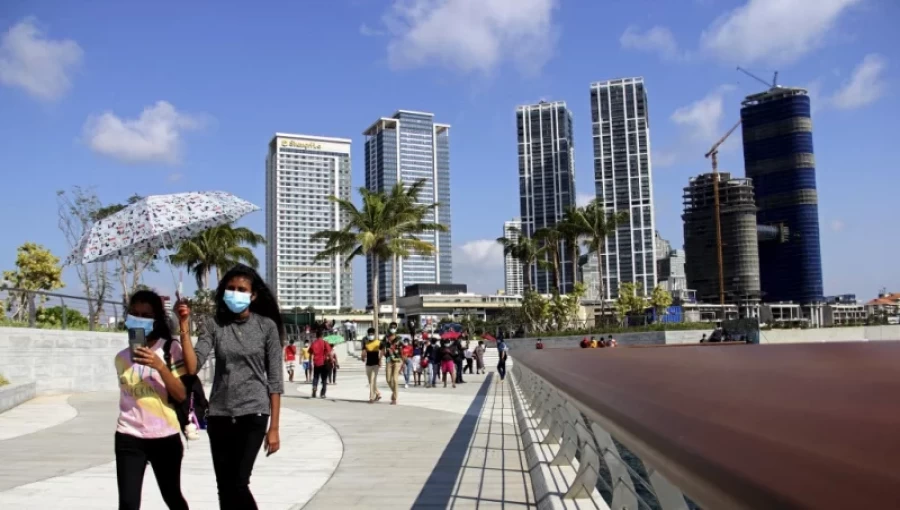









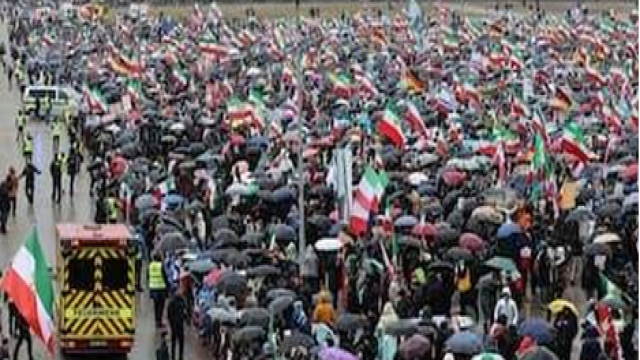

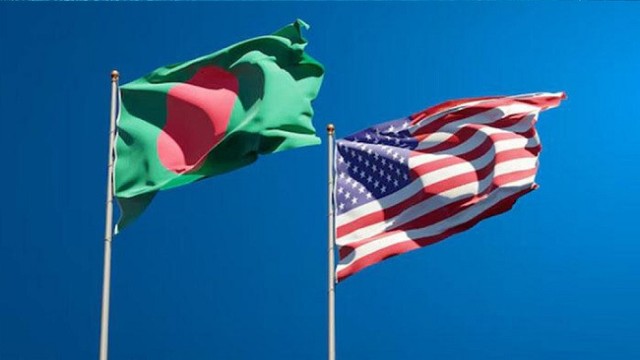


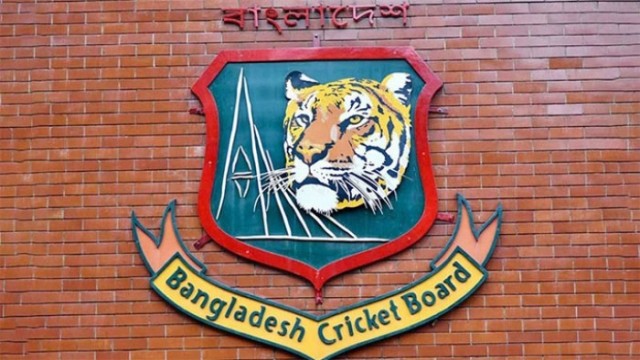
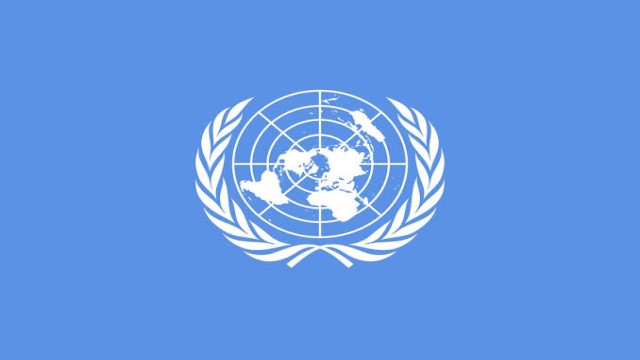











Comment: